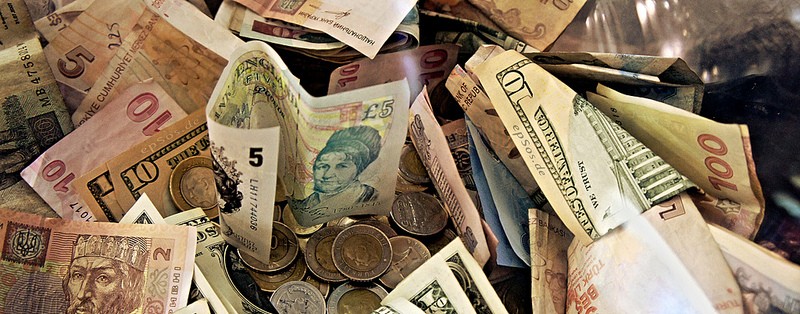Japan’s current account surplus may not be a surprise to those of us who remember Japan as a major exporter. But a closer examination shows that the current account surpluses recorded today are not due to the trade account but rather the net primary income balance. Japan used the trade surpluses of the 1970s and 1980s to build up its holdings of foreign assets and prepare for the day when it would need income from abroad to pay for its aging population. Last year, according to The Economist, the country earned a net $269 billion on its primary income balance, equal to 6% of its GDP.
Mariana Colacelli, Deepali Gautam and Cyril Rebillard of the IMF examine Japan’s income balance in their 2021 working paper,“ Japan’s Foreign Assets and Liabilities: Implications for the External Accounts.” They point out that the surplus reflects Japan’s status as a net creditor nation, as shown by its Net Investment Income Position of $5.4 billion, which equals 63% of its GDP. The surplus reflects higher yields on its foreign assets than its liabilities , including both foreign direct investment as well as portfolio equity and debt assets. The U.S., on the other hand, has a surplus on FDI income but a deficit on its portfolio-related return.
Japan’s income balance is negatively corelated to its trade balance, and this relationship holds for other countries. They cite several factors that could be relevant in Japan’s case, including:
- aging population, which uses its assets to finance consumption (including imports);
- income effect, which boosts spending on imports;
- offshoring by multinationals, which shifts income from exports to income received from the multinationals’ subsidiaries.
Colacell, Gautam and Rebillard also study the response of the income balance to changes in the real exchange rate in order to compare this with the response of the trade balance. An appreciation of the real exchange rate in a country like Japan with a large net creditor position would likely lead to a decrease in the income balance, reinforcing the expected trade response to an appreciation. On the other hand, a currency appreciation in a net debtor nation would most likely lead to an increase in the income balance, which would lead to an income surplus that could offset the trade response.
They present evidence of negative responses in the income balance to an appreciation. This result differs from that reported of Takahiro Hattori, Ayako Tomita and Kohei Asao in a new working paper from the Policy Research Institute of the Japan’s Ministry of Finance, “The Accumulation of Income Balance and Its Relationship with Real Exchange Rate: Evidence from Japan.” They use data from 1999 through 2020 and find that the real exchange rate does not have a significant impact on Japan’s real exchange rate.
They expand their empirical analysis to a panel of 39 countries, and find again that the estimates of the real exchange rate impact on the income balance are insignificant. These results are similar to those reported by Enrique Alberola of the IMF with Ángel Estrada and Francesca Viana of the Bank of Spain in their 2020 paper in the Journal of International Money and Finance, “Global Imbalances from a Stock Perspective: The Asymmetry between Creditors and Debtors.” (BIS working paper version here). They investigated the impact of the role of the net income balance on the adjustment of the current account via the real exchange rate using annual data from 1980-2015, but found no evidence of such an effect. I also looked at the response of the income balance to the dollar exchange rate in 26 emerging market countries during the period of 1998– 2015 in my 2020 paper in the Review of International Economics, “The Sources of International Investment Income in Emerging Market Economics”, and did not find evidence of an impact of the exchange rate.
Further evidence on this channel of transmission to current account imbalances via the exchange rate impact on the net income balance appears in Alberto Behar and Ramin Hasan’s of the IMF in their 2022 working paper, “The Current Income Balance: External Adjustment Channel or Vulnerability Amplifier?” They did find evidence of a significant effect of the exchange rate on income credits and debits. However, these effects are relatively small when compared with the impact on the trade balance.
Japan’s net income balance, therefore, may an outlier in terms of its size and position in that country’s current income. However, the increasing importance of net income balances and their impact on a country’s balance of payments will necessitate further work on this topic. In particular, the role of the exchange rate in determining the primary income balance canl be further examined.
